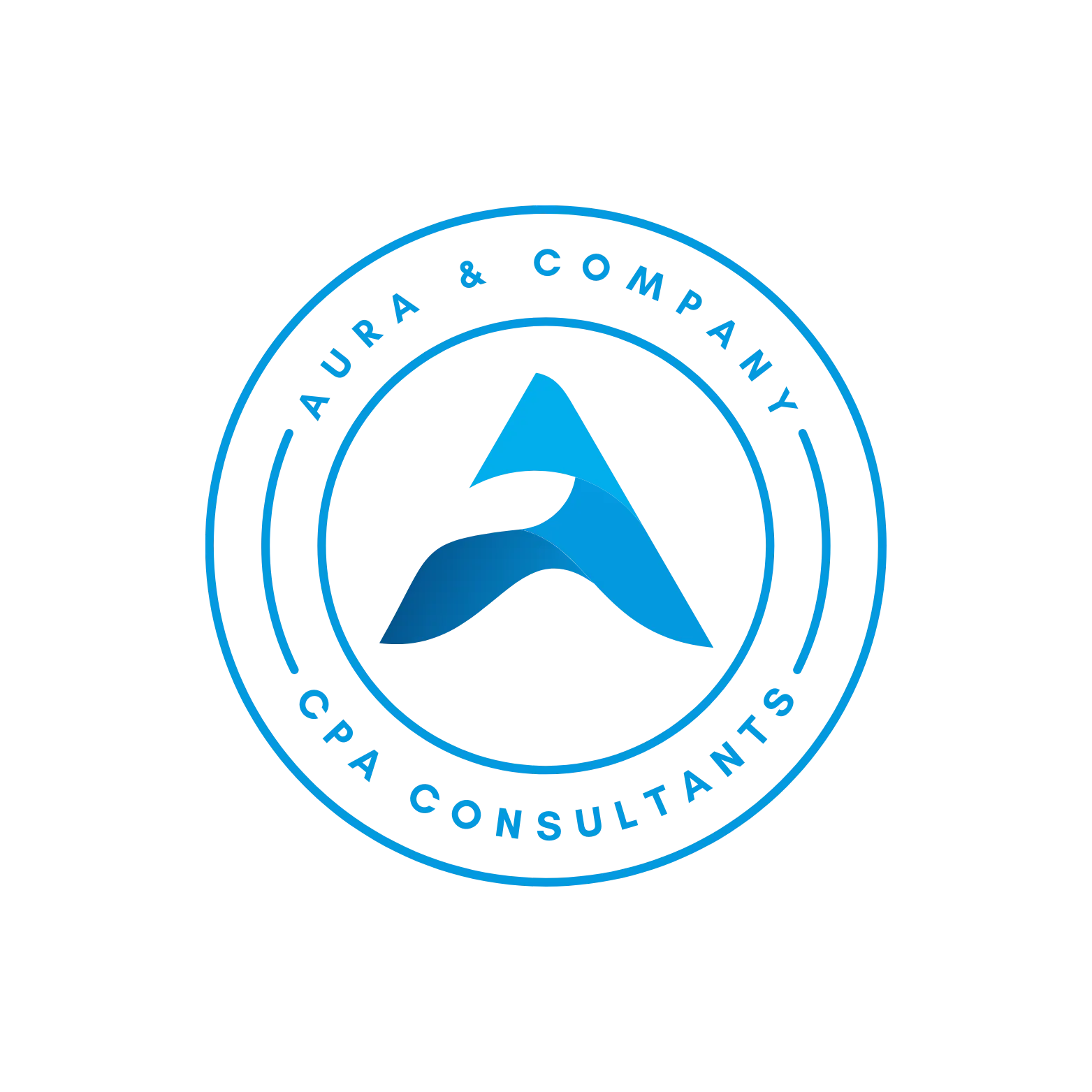Microfinance institutions (MFIs) in Kenya are a cornerstone of financial inclusion, providing critical credit access to small businesses, women entrepreneurs, and low-income households that often lack access to traditional banking. However, many microfinance institutions in Kenya are facing significant challenges, with some struggling to remain operational. Understanding the reasons behind these difficulties and exploring how audit services and professional consulting can help is essential for the sector’s sustainability.
Challenges Facing Microfinance Institutions in Kenya
1. High Levels of Non-Performing Loans
One of the biggest threats to microfinance institutions in Kenya is the rising rate of non-performing loans (NPLs). Many clients operate in the informal sector or rely on seasonal income, making consistent loan repayment difficult. Economic shocks, poor harvests, or business disruptions can lead to defaults, threatening the financial sustainability of MFIs. Effective risk management strategies are often lacking, exacerbating these challenges.
2. Shrinking Deposits and Funding Gaps
Microfinance institutions rely heavily on deposits and external funding to provide loans. Declining deposits reduce liquidity, limiting the ability of MFIs to lend and generate interest income. Funding gaps can create a cycle where insufficient capital restricts loan disbursement, leading to lower revenue and threatening long-term sustainability.
3. High Operating Costs and Narrow Profit Margins
Compliance requirements, licensing fees, staffing, and technology investments contribute to high operating costs for MFIs. Many institutions operate with thin profit margins, making it difficult to sustain operations while keeping loans affordable. Smaller MFIs are particularly vulnerable, as operational inefficiencies can quickly lead to financial losses.
4. Competition from Fintech and Digital Lending Platforms
The rise of mobile-based lending solutions and fintech platforms has disrupted the traditional microfinance model. These digital lenders offer faster, cheaper, and more convenient services, attracting clients away from traditional MFIs. To remain competitive, microfinance institutions in Kenya must adopt innovative strategies and technology solutions.
5. Weak Governance and Risk Management
Some microfinance institutions in Kenya face internal governance and operational challenges. Weak internal controls, poor credit policies, and inadequate risk management practices make institutions vulnerable to fraud, inefficiencies, and regulatory penalties. Strong governance and robust risk frameworks are critical for long-term sustainability.
How Audit Services Can Support Microfinance Institutions
Audit firms and consultants can play a critical role in helping microfinance institutions in Kenya overcome these challenges and achieve financial sustainability.
1. Credit Risk Assessment and Loan Portfolio Review
Audit services can provide a thorough review of loan portfolios, identifying high-risk clients and patterns of default. Consultants can advise on improved lending criteria and risk-weighted loan approvals, reducing non-performing loans and improving portfolio quality.
2. Strengthening Governance and Internal Controls
Audit and consulting professionals can evaluate governance structures, ensuring effective board oversight, internal audits, and management accountability. Recommendations may include improved approval hierarchies, fraud prevention strategies, and risk monitoring frameworks to enhance institutional resilience.
Read also about How Audit Firms Drive Business Growth Through Strategic Insights
3. Enhancing Financial Sustainability
Audit firms can analyze cost structures, identify inefficiencies, and recommend strategies to optimize revenue and reduce operating costs. Consultants can design sustainable financial models that balance affordability for clients with profitability for the institution, ensuring long-term growth.
4. Driving Digital Transformation and Technology Adoption
Digital platforms are essential for MFIs to remain competitive. Audit and consulting professionals can support the adoption of technology solutions for loan origination, monitoring, repayment tracking, and reporting. This not only improves operational efficiency but also expands client reach and enhances customer experience.
5. Regulatory Compliance and Reporting
Compliance with the Central Bank of Kenya (CBK) regulations and accounting standards such as IFRS is critical. Audit services help microfinance institutions maintain regulatory compliance, improve transparency, and reduce the risk of penalties. Accurate reporting also strengthens trust with investors, donors, and regulators.
Conclusion
Microfinance institutions in Kenya face multiple challenges, from high loan defaults and funding gaps to competition from fintech and weak governance structures. However, these challenges are not insurmountable. Through professional audit services and consulting support, MFIs can improve governance, strengthen risk management, optimize financial operations, and adopt technology-driven solutions.
With the right strategies in place, microfinance institutions in Kenya can achieve financial sustainability, remain competitive, and continue to provide critical access to credit for underserved communities. For MFIs committed to growth and resilience, partnering with professional auditors and consultants is not just a strategic choice, it is a necessity

